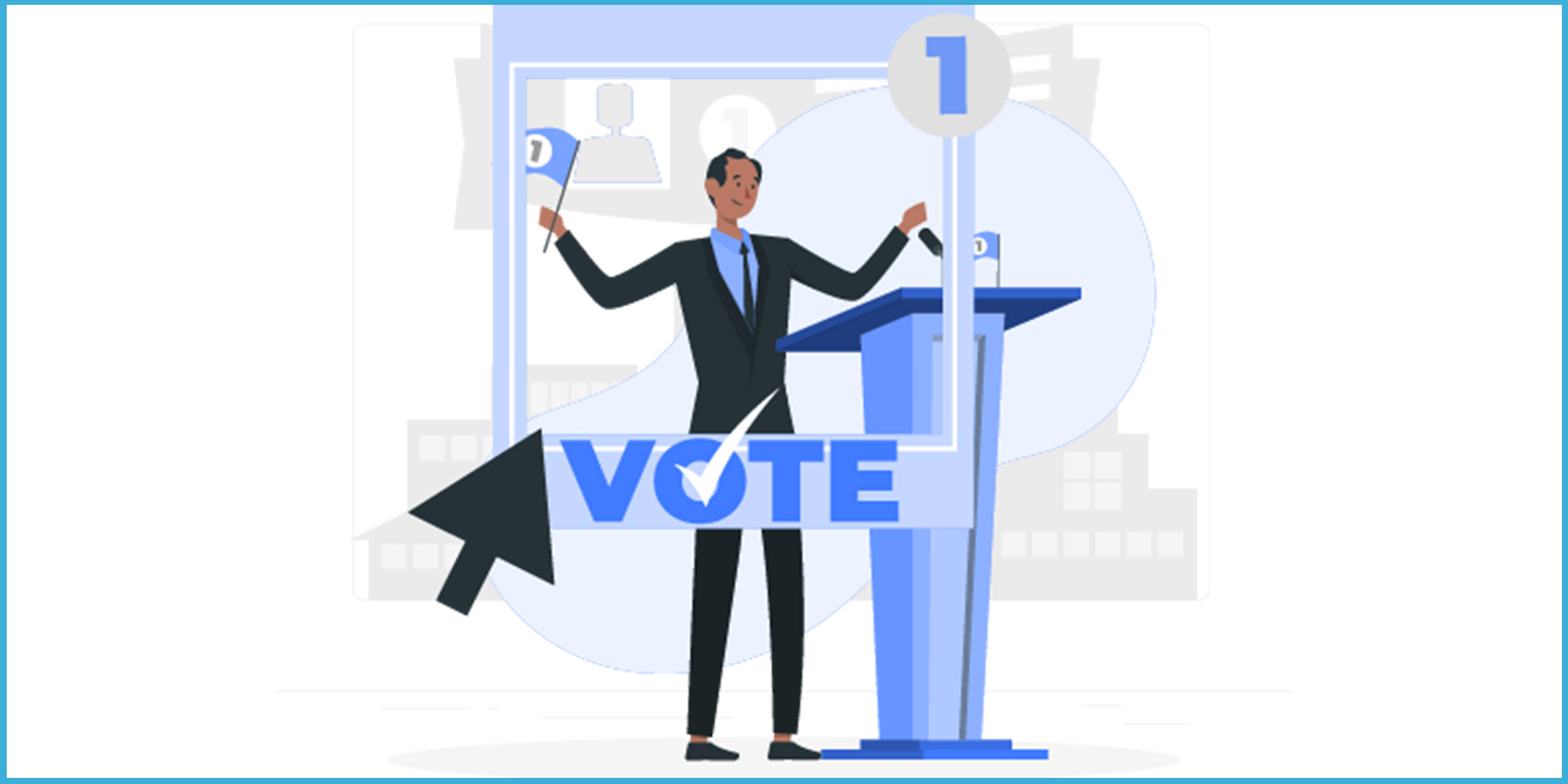Budgeting and Financial Planning for HOAs
Published on 27 Nov 2023 | Last Updated on 23 Oct 2025 |

Budgeting and Financial Planning for HOAs
Homeowners associations (HOAs) play a vital role in maintaining the upkeep, safety, and overall well being of planned communities. To effectively fulfill their responsibilities, HOAs require sound financial management practices, including budgeting and financial planning. A well crafted budget serves as a roadmap for the HOAs financial activities, ensuring that the association can meet its current obligations, plan for future expenses, and maintain a healthy financial standing.
Ensuring Community Prosperity Through Budgeting and Planning
Ensuring Financial Stability:
A comprehensive budget allows HOAs to allocate resources responsibly, avoid unnecessary spending, and maintain a stable financial position over time.
Planning for Future Expenses:
Budgeting helps HOAs anticipate and plan for upcoming expenses, such as major repairs, renovations, or reserve fund contributions.
Maintaining Property Values:
A financially sound HOA contributes to maintaining property values within the community, making it an attractive place to live.
Enhancing Resident Satisfaction:
Proper financial management demonstrates transparency and accountability to homeowners, fostering trust and satisfaction among residents.
Key Steps in HOA Budgeting and Financial Planning
Review Past Financial Performance:
Analyze historical financial data, including income sources, expenses, and reserve fund levels, to gain insights into past trends and identify areas for improvement. HybridHOA Reports feature provides property management companies or HOAs with comprehensive insights into community performance and financial metrics. By generating detailed reports and analytics, board members and property managers can make data driven decisions for the communities benefit.
Gather Financial Information:
Collect accurate information on current income sources, such as membership dues, assessments, and rental income. Additionally, gather estimates for upcoming expenses, including maintenance costs, insurance premiums, and administrative fees.
Establish Financial Goals:
Define the HOAs financial objectives for the upcoming year, considering factors such as long term maintenance plans, community improvements, and reserve fund targets.
Develop a Detailed Budget:
Create a line item budget that outlines expected income and expenses for the year. Categorize expenses into fixed and variable costs, ensuring that revenue can adequately cover anticipated expenditures.
Conduct a Reserve Study:
Commission a professional reserve study to determine the optimal level of funding for the HOAs reserve fund, which is essential for covering major repairs and unexpected expenses.
Seek Resident Input:
Engage with homeowners to gather their feedback on the budget and financial priorities. Open communication fosters transparency and encourages resident participation in the decision making process.
Review and Adjust Regularly:
Regularly review the budget throughout the year to track progress, identify variances, and make necessary adjustments as circumstances change.
Additional Financial Planning Considerations for HOAs
Use budgeting software:
There are a number of budgeting software programs available that can help HOAs track their income and expenses. In HybridHOA Automate invoice processing with Auto entry, reducing manual data entry and minimizing errors in financial records. Seamlessly reconcile financial data between HybridHOA and Sage 50, ensuring accurate and up to date financial reports. Generate financial statements and reports directly within HybridHOA, providing quick access to critical financial information.
Get training on HOA budgeting:
There are a number of resources available to help HOA board members learn about budgeting and financial planning.
Communicate with residents:
Keep residents informed about the HOAs financial situation and the budgeting process.
Effective budgeting and financial planning are essential for HOAs to maintain financial stability, plan for the future, and enhance the overall well being of their communities. By following a structured budgeting process, seeking resident input, and implementing sound financial policies, HOAs can effectively manage their finances and contribute to the prosperity and long term success of their neighborhoods.
Search
Subscribe
Recent News
-
 Maintenance Request and ARC in HybridHOA
Maintenance Request and ARC in HybridHOA
-
 Documents in HybridHOA
Documents in HybridHOA
-
 Online Voting (Coming Soon) on HybridHOA
Online Voting (Coming Soon) on HybridHOA
-
 Send Physical Mail in HybridHOA
Send Physical Mail in HybridHOA
-
 Communication and Collaboration Tools in HybridHOA
Communication and Collaboration Tools in HybridHOA
-
 Finance & Management in HybridHOA
Finance & Management in HybridHOA
-
 Empowering Your Community Through Self Management
Empowering Your Community Through Self Management
-
 HOA Software for Gated Communities
HOA Software for Gated Communities

